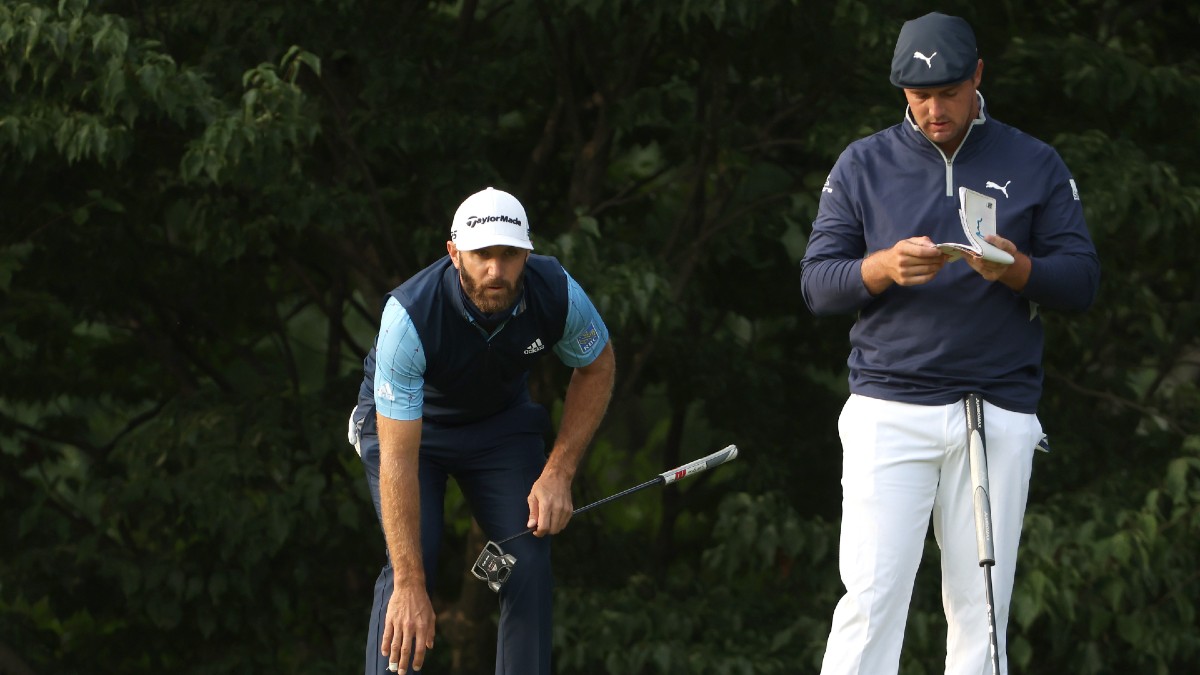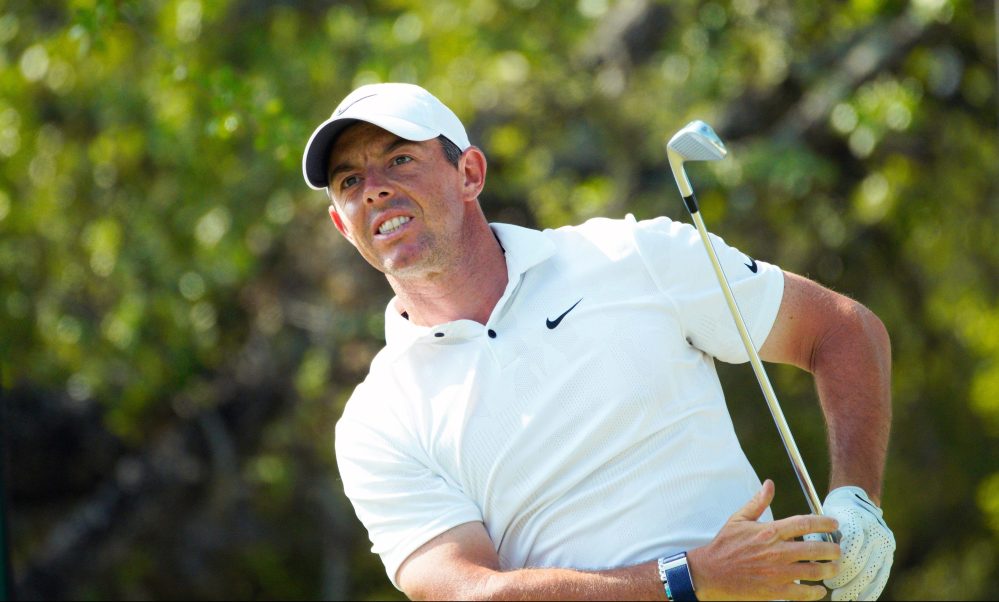How does three ball work in golf betting

Accumulator – An how does three ball work in golf betting is a combination of three or more bets. These are generally pretty rare in golf to be honest, but can work well when linked with. In principle, 3-ball betting works like 2-ball golf betting, with one obvious difference – you're betting on three golfers instead of two. Let's. Work out your Dead Heat winnings with Paddy's each-way betting calculator. Forget the complex maths - this is much easier! Use Here. £/€5, is yours upfront! In golf, players go out to play in groups of three, for this bet you can bet on the player to get the best score of the three. Two-ball betting. After the cut.
2 & 3 Ball Betting in Golf
Four ball — When four players only are playing in one group. Go High — This term is sued when spread betting and is an indication that you will bet on the spread above their line. Go Low — Similar to above, except this term means you will be betting on the spread to be under the initial line set. The more times you do this, the higher the number of greens in regulation you will have hit.
Group betting — This is where you bet against a group of players from a tournament that might be playing together or by mythical and made up by the bookmaker. The progress of how they do in relation to the tournament is irrelevant, all that matters is how each player fairs up against other players from their group.
Group betting can include 18 holes, 36 holes, 54 or 72 holes. Hedging — This term is used when a punter has been able to guarantee a profit on all result from that competition. Alternatively, it can also be used to limit losses as well. It works by laying a result that you have earlier backed, hopefully at shorter odds than backed to guarantee you a profit.
Hole in one — When a golfer hits the ball straight in the hole with just one shot. Live betting — This is when you bet on markets as the tournament takes place. The markets will adjust automatically to events taking place and you can wager as the competition unfolds. Sometimes known as in-play betting.
Lay — To lay a bet is to essentially back against that result. To do this you will need to use a betting exchange such as Betfair or Betdaq. Liquidity — This terms shows you how much money has been wagered on a specific market and also how much you can wager at a certain price. Match bets — A match bet is bet between just two golfers in a head to head battle.
Out of bounds — An area on the golf course in which players are forbidden to hit from. If the ball goes out of bounds then they must return to where they hit their original shot and playing again. How does three ball work in golf betting Outright winner — The outright winner market is the most popular when it comes to golf betting and is where you can bet on who you think will be the overall winner of that tournament.
Par — The number of shots you should take on each hole. Prop bets — Sometimes known as proposition bets, prop bets are a form of miscellaneous bets that often are bit more random than the usually betting markets. They can range drastically but generally are just bets made to yes or no answers of question.
Spread — The spread is a form of betting that allows you to take the over or under line on a certain result. These types of bets can only be used in head to head matches for the most part, but will be weighted in favour of one player over the other. Instead of backing the over or under you may be asked to buy the over price or sell the under price for your bet.
If this happens in a 3-ball, then the bet will continue with the two remaining players. Also, when betting on a 2-ball you will be offered the option of a tie, making it a 3-way market. But, when betting on a 3-ball, dead heat rules will apply to two or more players that have the same winning score after the 18 holes. Given that these bets are much lower variance they come with a unique approach to applying a strategy.
For these bets, the way you analyse the event has to be different to that of picking an overall winner. There is no need to try and pick the player that is going to be best overall, you just need to find the best player in that group. We like to start with round scoring averages.  This is often a good indication of how well players start and then you can narrow down who might be a good pick.
This is often a good indication of how well players start and then you can narrow down who might be a good pick.
For this you need to first note the players involved and then see who is best over each round. By choosing the player with the lowest average score for that specific round you are likely getting yourself as good a pick as possible for the market. Player form is another part of the strategy that may seem obvious but is really important for these types of bets.
Even though none of them might be capable of winning overall, there could still be a decent gulf in class between them. Even though the overall quality of a group might be low, it does not mean that there is no value from this group for bettors. If they are grouped as they are positioned on the leaderboard, which they often are, then their rounds are going to be pretty much identical.
This means that the odds for each are going to be around the even money mark or thereabouts. We like to utilise these lower prices and create accumulator bets. Bogey count for each player is often a really good metric to look at.